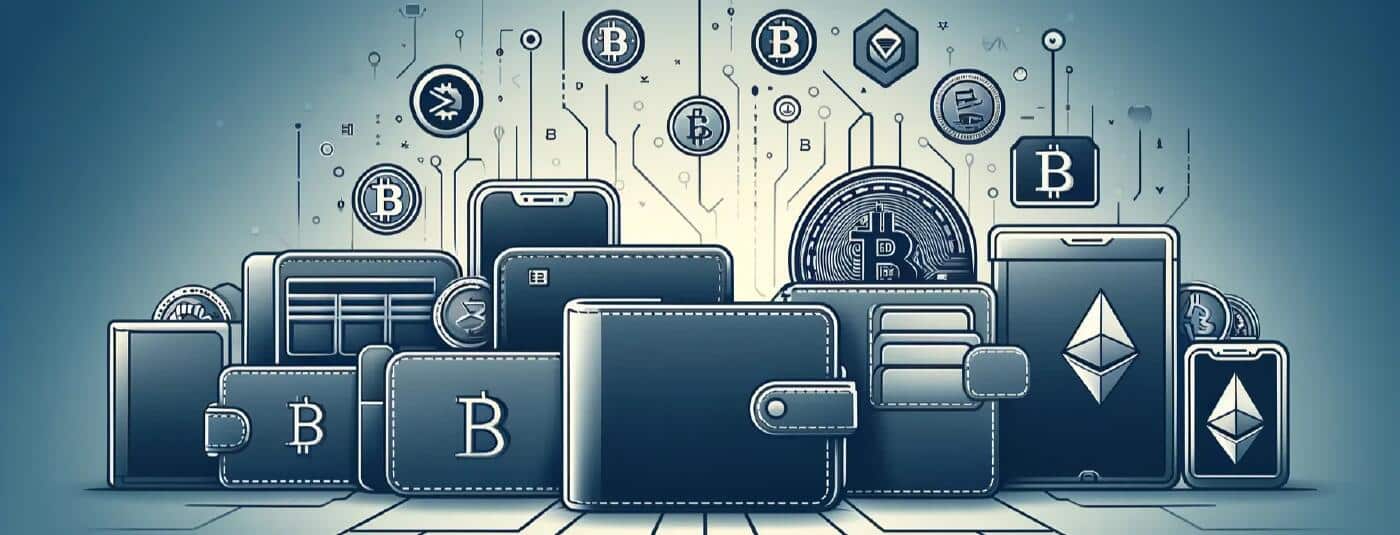Security Best Practices for New Token Investors
Entering the world of cryptocurrency can be both exciting and daunting. The promise of substantial returns comes with significant risks, particularly in terms of security. For new token investors, safeguarding your assets is paramount. This article outlines essential security best practices to help you navigate the crypto space safely and confidently.
Understanding Wallets and Their Security
Types of Wallets
Cryptocurrency wallets are digital tools that store your private and public keys, allowing you to interact with blockchain networks. There are several types of wallets, each with different security features
Hardware Wallets: Physical devices that store your keys offline, making them immune to online hacks. Examples include Ledger Nano S and Trezor.
Software Wallets: Applications or programs on your computer or smartphone. These can be further divided into:
- Desktop Wallets: Installed on a personal computer (e.g., Exodus).
- Mobile Wallets: Installed on smartphones (e.g., Trust Wallet).
- Web Wallets: Accessed through web browsers (e.g., MetaMask).
Paper Wallets: Physical documents with printed keys and QR codes. These are highly secure if stored properly but can be vulnerable to physical damage or loss.
Custodial Wallets: Provided by exchanges or third-party services, where the provider controls your keys. While convenient, they pose higher security risks if the provider is compromised.
Best Practices for Wallet Security
Use Hardware Wallets: For long-term storage of significant amounts of cryptocurrency, hardware wallets offer the highest security.
Backup Your Wallet: Ensure you have secure backups of your wallet’s private keys or seed phrases. Store backups in multiple locations, such as a safe deposit box.
Enable Two-Factor Authentication (2FA): Add an extra layer of security by enabling 2FA on all wallet accounts and associated email addresses.
Keep Software Updated: Regularly update your wallet software to protect against the latest security vulnerabilities.
Securing Your Transactions
Verification and Encryption
Before making any transaction, always double-check the recipient's address. Cybercriminals use malware to alter copied addresses, redirecting funds to their accounts. Verifying the address before confirming a transaction can prevent such attacks.
Using encryption tools for communications about transactions can further secure your operations. For instance, PGP (Pretty Good Privacy) encryption ensures that sensitive information remains confidential.
Avoid Public Wi-Fi
Never conduct transactions over public Wi-Fi networks, which are susceptible to man-in-the-middle attacks. Use a secure, private connection, preferably with a Virtual Private Network (VPN), to protect your online activities.
Transaction Limits and Alerts
Set transaction limits and enable alerts for all transactions. This helps in early detection of unauthorized activities. Many wallet providers and exchanges offer these features, allowing you to take immediate action if something goes wrong.
Protecting Against Phishing and Scams
Recognizing Phishing Attempts
Phishing attacks are designed to steal your private information by masquerading as trustworthy entities. These can occur through email, social media, or fraudulent websites.
Email Phishing: Be wary of unsolicited emails that ask for personal information or prompt you to click on suspicious links. Always verify the sender’s address and avoid clicking on links in emails from unknown sources.
Social Media Phishing: Scammers often use social media platforms to impersonate influencers or customer support representatives. Verify accounts and contact details directly through official channels.
Avoiding Scams
Conduct Thorough Research: Investigate any investment opportunity before committing funds. Look for whitepapers, project roadmaps, and credible team backgrounds. Use platforms like CoinMarketCap or CoinGecko for reliable information.
Be Skeptical of Promises of Guaranteed Returns: Legitimate investments never guarantee returns. High returns with minimal risk are a red flag for Ponzi schemes or other fraudulent activities.
Use Reputable Exchanges: Conduct transactions on well-established, reputable exchanges that have strong security protocols and user protections in place.
Educating Yourself Continually
Stay Informed
The cryptocurrency landscape evolves rapidly, and staying informed about the latest security threats and best practices is crucial. Follow reputable news sources, join online communities like Reddit’s r/cryptocurrency, and participate in webinars or conferences.
Continuous Learning
Consider taking courses on cryptocurrency and blockchain technology to deepen your understanding. Websites like Coursera, Udemy, and Khan Academy offer courses that can help you become a more informed and secure investor.
Legal and Regulatory Awareness
Stay aware of the legal and regulatory frameworks governing cryptocurrency in your region. Compliance with local laws not only protects you legally but also ensures that you are engaging in secure and legitimate activities.
Conclusion
Securing your investments in cryptocurrency requires vigilance, informed decision-making, and adherence to best practices. By understanding the types of wallets, securing your transactions, protecting against phishing and scams, and continually educating yourself, you can navigate the crypto landscape with confidence and security. As you embark on your investment journey, these practices will help safeguard your assets and maximize your potential for success.
References
- Ledger: Hardware Wallets
- Trezor: Hardware Wallets
- Exodus: Desktop Wallet
- Trust Wallet: Mobile Wallet
- MetaMask: Web Wallet
- CoinMarketCap: Cryptocurrency Market Data
- CoinGecko: Cryptocurrency Prices and Data
- Coursera: Cryptocurrency Courses










































